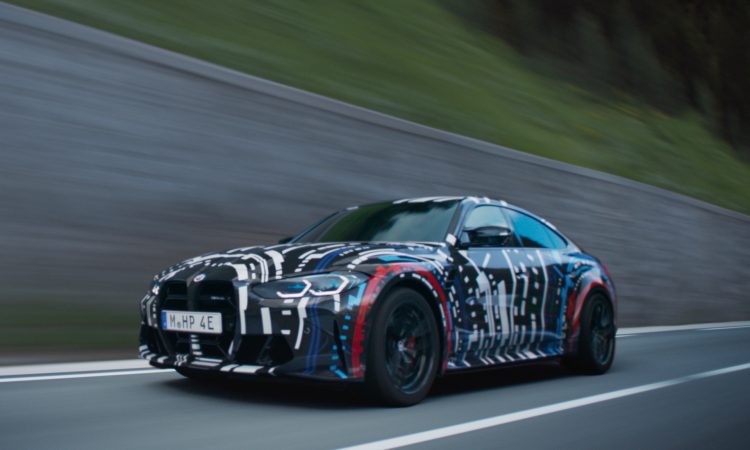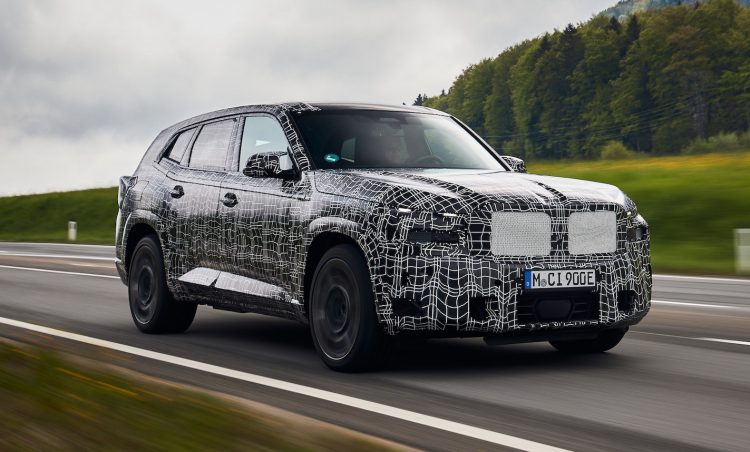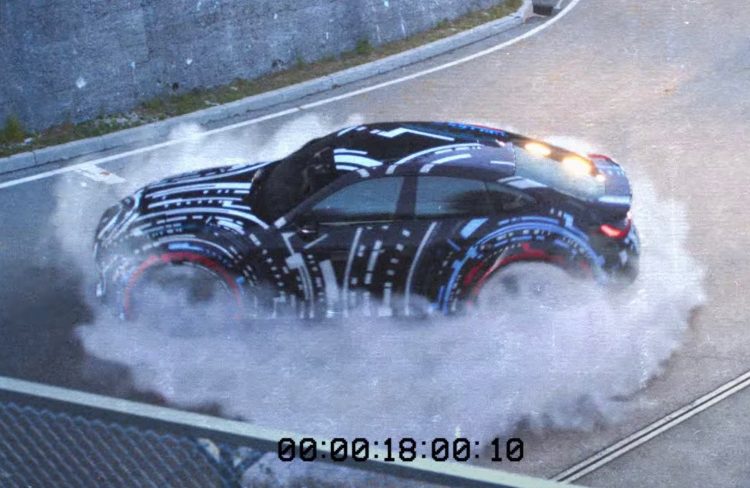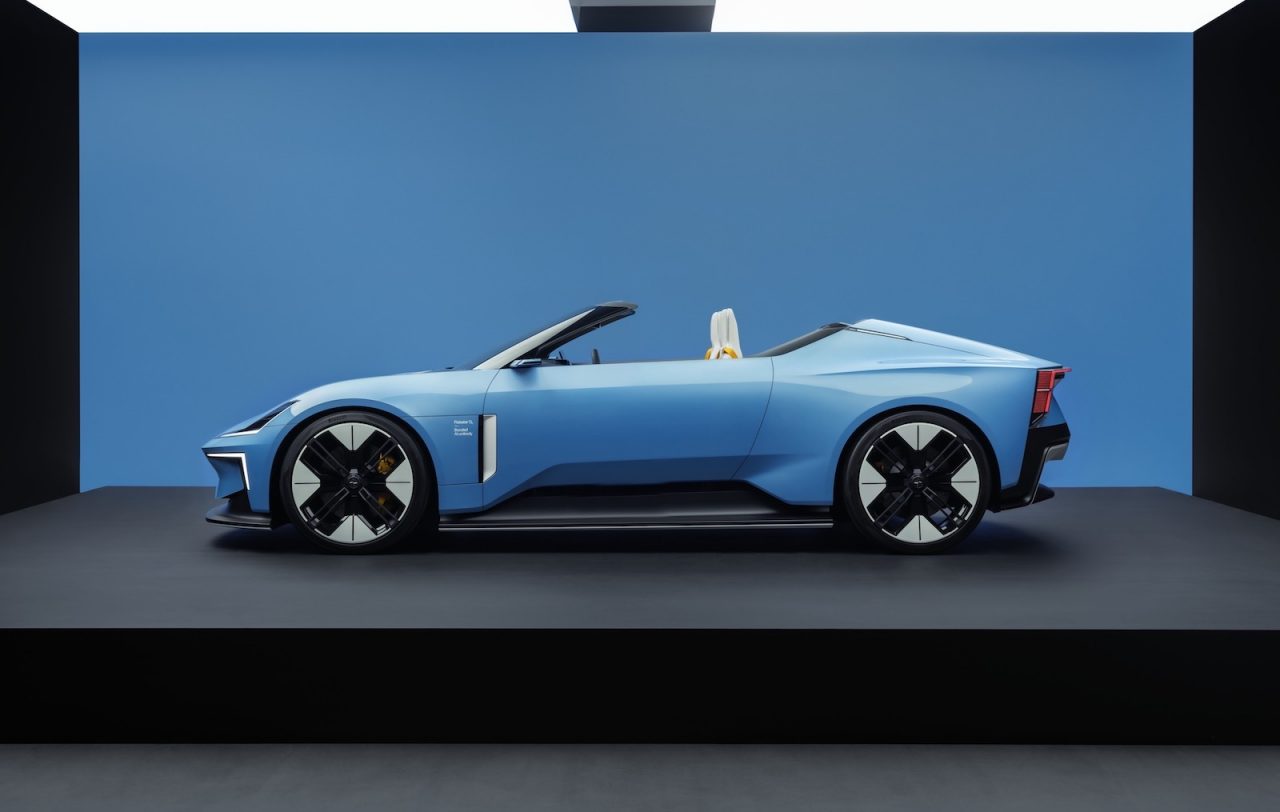BMW M is well and truly preparing for an electrified future, today confirming it has begun test driving its first fully electric prototype.
The M brand has so far only offered petrol and diesel models. In fact, there isn’t even a hybrid model in the showroom. But that will soon change as the company and its parent, BMW, move towards lowering overall emissions and fleet fuel consumption.
We’ve already seen some clues of what to expect from an electric M model, with the launch of the i4 M50 with 400kW, and the iX M60 with 455kW. The i7 M70 will launch next year as the first M model based on an all-electric luxury sedan as well. However, these are not categorised as full M models, but M Performance variants.
Later this year the company will launch its first dedicated electrified model, the XM (pictured below in prototype form). It will feature a twin-turbo V8 paired with an electric motor hybrid system. Power is set to peak at around 550kW with about 1000Nm of torque on tap, likely in ‘XM Competition’ guise. A regular version will produce around 480kW/800Nm. This powertrain has been tipped to feature in the next-gen M5 sedan.
Engineers at BMW M are now developing a fully electric package, testing chassis control systems and drive hardware in a prototype vehicle based on the i4 M50. The prototype uses a modified body with telltale bulging wheel arches, with a front section adopted from the M3/M4 for high torsional rigidity.
Interestingly, BMW confirms it is toying with a four-motor setup, offering “extremely precise” and “extremely variable” power distribution and control, in an M xDrive configuration. BMW explains:
“The fact that all four wheels are each driven by an electric motor opens up completely new possibilities for infinitely variable, extremely precise and at the same time very fast distribution of drive torque. Within milliseconds, the power and torque of the spontaneously reacting electric motors can be dosed so precisely that the load demand signalled via the accelerator pedal can be realised at a level of dynamics that is unattainable using conventional drive systems.”
This is quite unique for the sports sedan EV class, with most competitors, including the Porsche Taycan and Tesla Model S and 3, adopting a twin-motor setup (one per axle). The four motors being developed by BMW continuously communicate via a central control unit. BMW says:
“The ideal power transmission to the road is calculated within milliseconds from the values for the accelerator pedal position, steering angle, longitudinal and lateral acceleration, wheel speeds and other parameters.”
As such, the prototype’s interior is filled with complex measuring tools and technology so the engineers can then analyse in precise detail every moment of drive characteristics and the on-board reactions. BMW says:
“Thanks to the particularly sensitive dosage of drive torque and conversion without perceptible latency, significantly higher cornering speeds can be achieved, even on rain-soaked or snow-covered roads, for example. In this case, the vehicle steers effortlessly and without a tendency to understeer, as the drive torque for the outside rear wheel has already been increased parallel to the steering angle.”
Regenerative braking is also integrated into the four motors to optimise battery range on-the-go. Dirk Hacker, head of development at BMW M, said:
“Electrification opens up completely new degrees of freedom for us to create M-typical dynamics. And we can already see that we can exploit this potential to the maximum, so that our high-performance sports cars will continue to offer the M-typical and incomparable combination of dynamics, agility and precision in the locally emission-free future.”
Check out the preview video below, and in particular near the end where the prototype does a four-wheel donut stunt. Even though we suspect it is a CGI job, it could give us some idea of what BMW M is planning.



